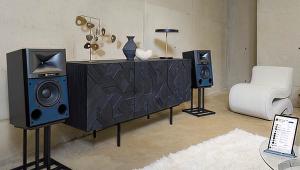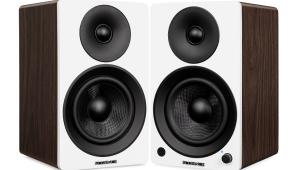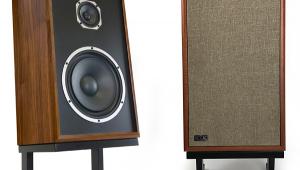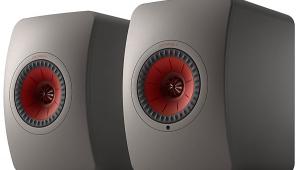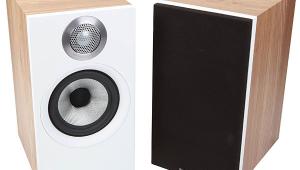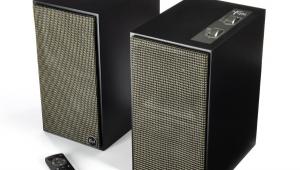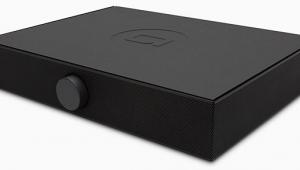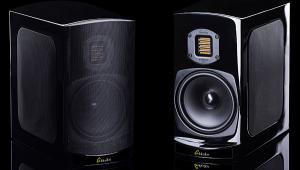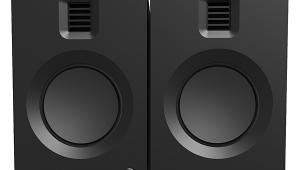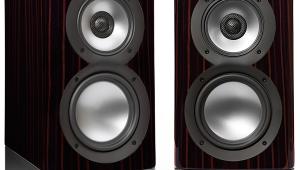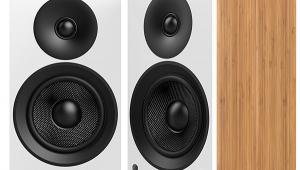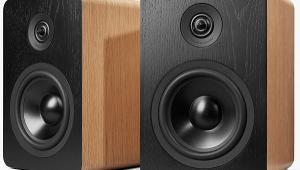Hi, I'm a player on the Australian Pokie Mate app. I enjoy iconic games like Thunderstruck II, or dive in at the live baccarat table while sipping coffee at my favorite cafe. The app is lightning fast, super secure and contains exclusive bonuses for mobile users. Ready to rethink your gameplay? Go to https://pokie-mate.com/pokie-mate-mobile/ to get started.
Elac Uni-Fi Reference UBR62 Surround Speaker System Review
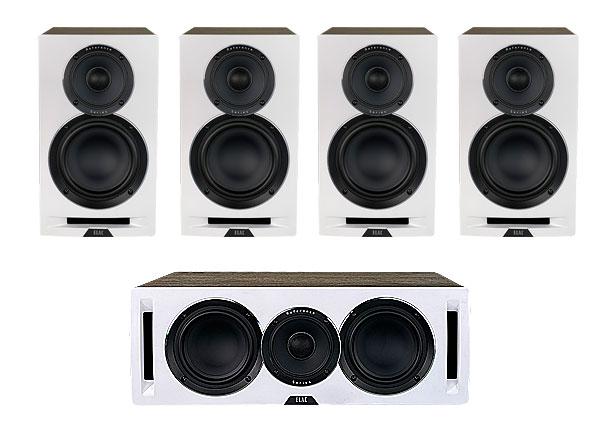
AT A GLANCE
Plus
Clean-sounding dialogue
Silky detail
Big, open presentation
Minus
Limited deep bass (without sub)
THE VERDICT
Elac’s new Uni-Fi Reference series can hang with many far larger and pricier loudspeakers. Just add a subwoofer or two to this system for movies, and you’ll be good to go.
German speaker company Elac has had quite a run over the past few years, with designer Andrew Jones turning out new models on an annual basis after setting the audio world on its ears in 2016 with the Elac Debut. Following the Debut's launch, the company came out with the pricier Uni-Fi. A three-way bookshelf design, the Uni-Fi incorporated a coincident midrange-woofer that positions the tweeter at the apex of the midrange cone where the dust cap usually sits.
Coincident drivers offer significant advantages, including less destructive interference at some listening angles where the responses of the woofer and tweeter overlap (comb filtering). They have downsides as well, including design complexity and cost. But Jones worked with British speaker-maker KEF in the 1980s when that company launched its now iconic UniQ coincident drivers, and he had extensive experience with this type of design. (He also used coincident drivers in speakers he designed for TAD and Pioneer.)
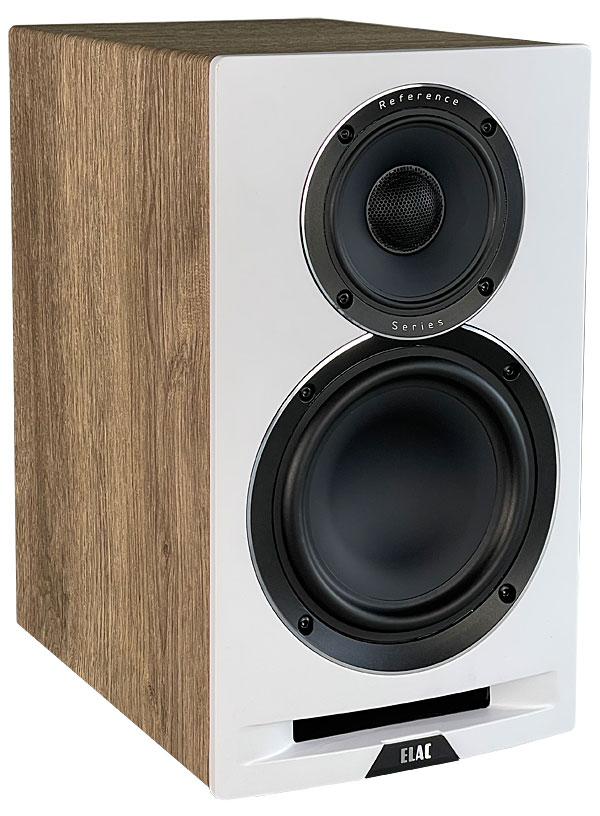
Jones recently left Elac. But the new Uni-Fi Reference series, an upgrade of the original Uni-Fi and now with additional models, could be considered his going-away gift to fans of the designs he created for the brand. (The company's new acoustical engineering manager is Oleg Bogdanov, who previously was the acoustical engineering manager for Canadian speaker manufacturer Paradigm.)
The new Elac collection consists of three models. The Uni-Fi Reference UBR62 bookshelf ($1,200/pair) is a significant refinement of the original Uni-Fi, and the UFR-52 ($1,200 each) is a tower design with three 5.25-inch woofers plus the same 4-inch Uni-Fi coincident midrange-tweeter used in the UBR62. The UCR-52 center ($700) employs the same mid-tweeter plus two 5.25-inch woofers. With all three speakers, the crossover in the coincident driver is at 1,800Hz. The woofer crossover is 220Hz for the floor-stander, 260Hz for the bookshelf, and 240Hz for the center. All midranges and woofers are black anodized aluminum, while the tweeters are 1-inch soft domes.
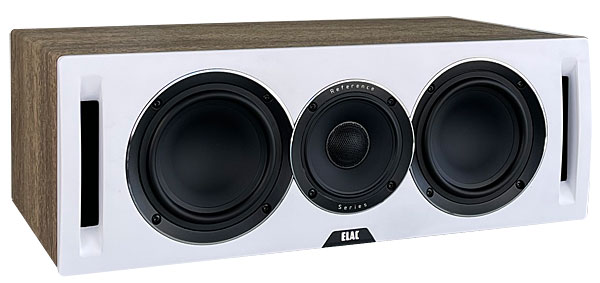
Elac sent me two pairs of the UBR62s, one for the front left/right channels, the other for the surrounds, plus a single UCR52 center. (The floorstanders are not reviewed here.) All speakers come with magnetically attached, gray cloth grilles, though I didn't use them during my evaluation. The cabinets are avail- able with either Satin White baffles with Oak sides or Satin Black baffles with Walnut sides. The wood grain isn't real wood veneer but a rather convincing-looking vinyl wrap. The seam of the vinyl falls directly in the middle of a cabinet side on each model but is for the most part invisible.
The cabinets are solid and made from CARB-rated MDF. (CARB-rated does not relate to density or strength, but rather states that it meets the California Air Resources Board's emission standards for formaldehyde.) A thin sliver of metallic trim surrounds each driver, and while I didn't mind this, its reflective nature might bother some users if they prefer not to hide it by using the grilles. Two pair of quality binding posts suitable for bi-wiring or bi-amping are provided. I reviewed the Elacs in a mono-wire setup, with the included shorting straps in place.
I've long preferred three-way center-channel speakers, and with its concentric driver, combined with a low crossover to the woofers, the UCR52 fits the bill. While hardly a bargain- basement center, it's far from the priciest available. Contrary to what many think, a center speaker isn't just for dialogue. By some measures, and depending on the source, it can also carry over half the load of the music and effects.
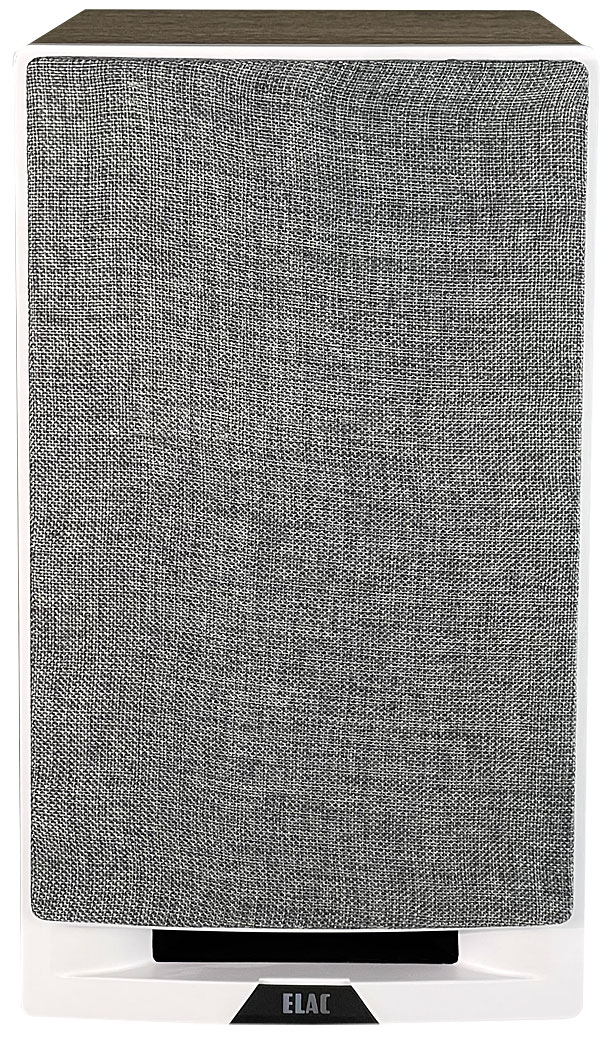
There are no subwoofers dedicated to the Uni-Fi Reference range, so we didn't request any Elac subs for this review. The company's best subwoofer, the SUB3070, is still in its lineup, but that was originally designed for the now-discontinued Adante series. (I reviewed that model as part of an Adante system in 2020.) Rather than plow the same ground, I used a pair of SVS PB-3000 subwoofers that were already on hand as needed (and in my large, open concept floor space, they often were).
Setup
I set up the UBR62 front speakers about 3.5-feet from the closest walls. Since concentric drivers don't always perform best when aimed directly at the listener, I made a point of angling the fronts inward with a sharper than normal twist toward the main listening seat. Each of the front speakers, the UCR52 center included, were set up on heavy stands.
- Log in or register to post comments


